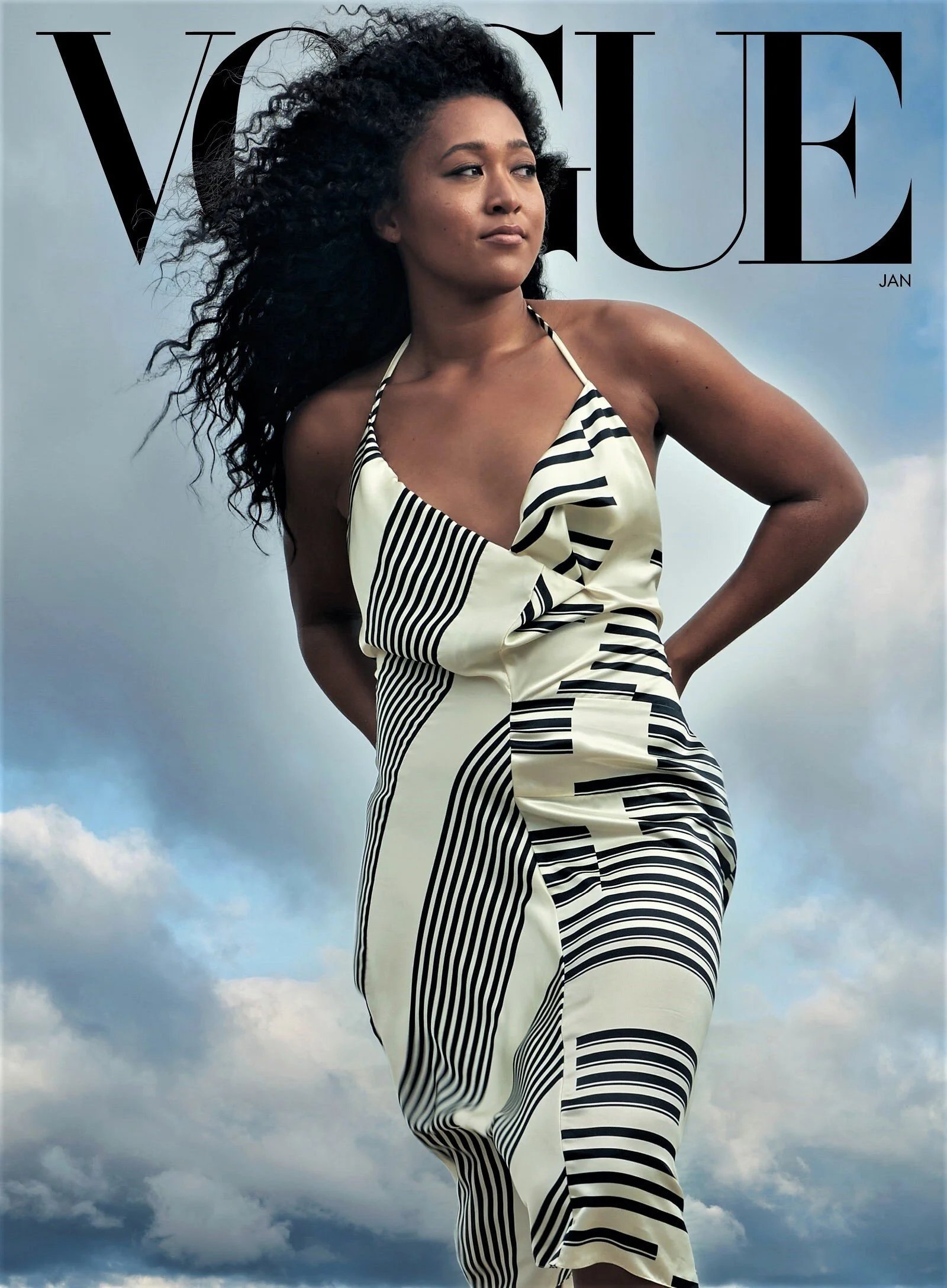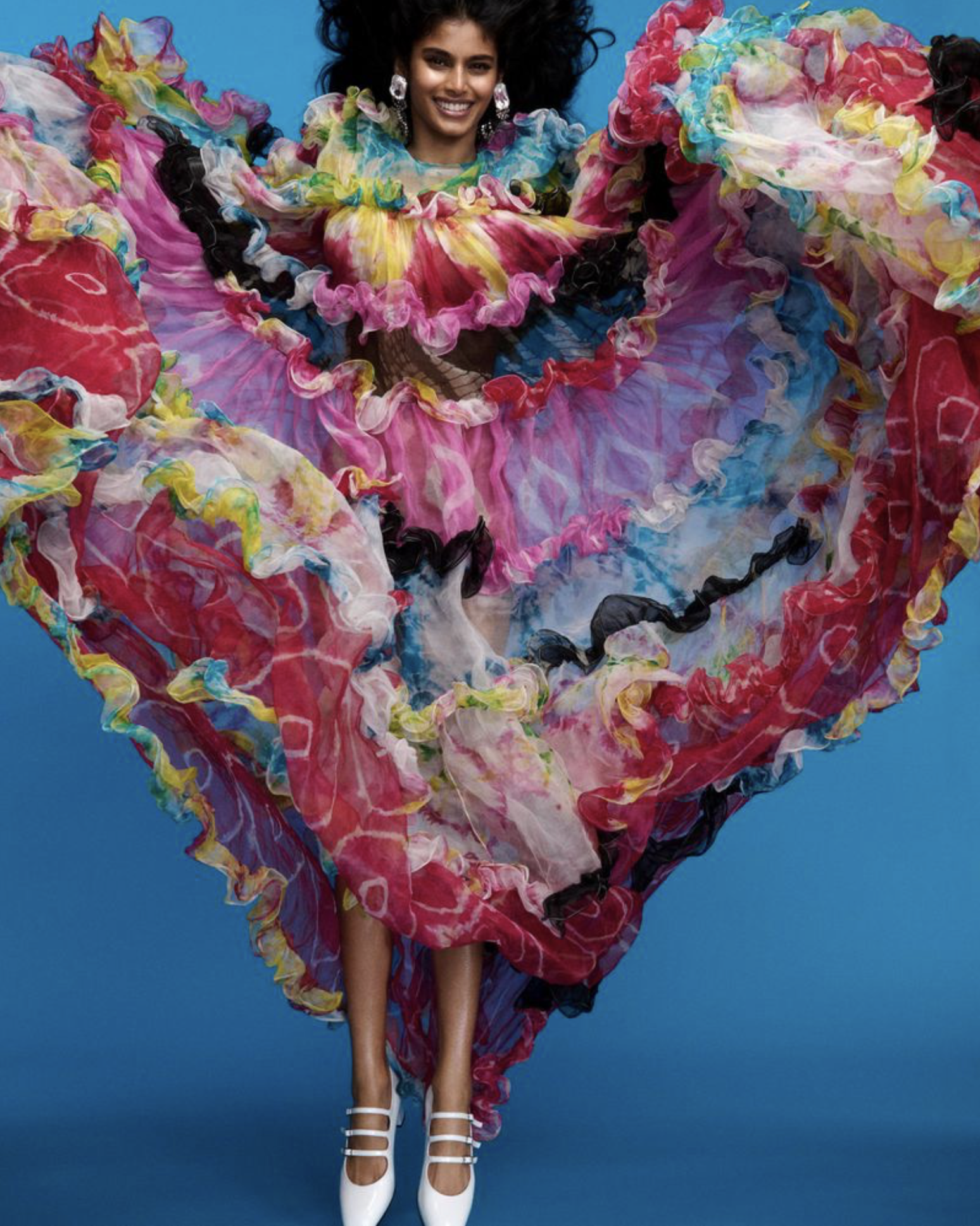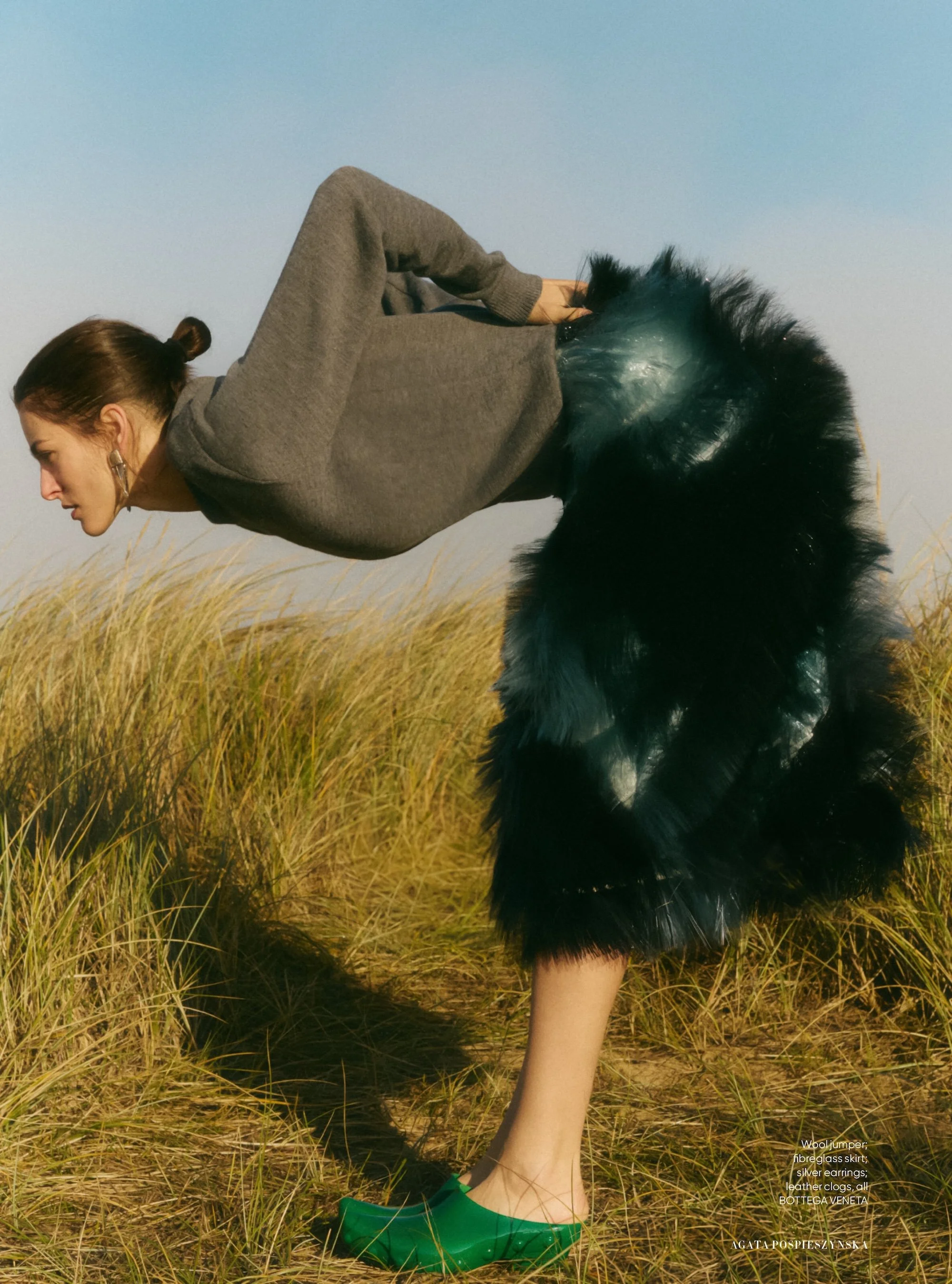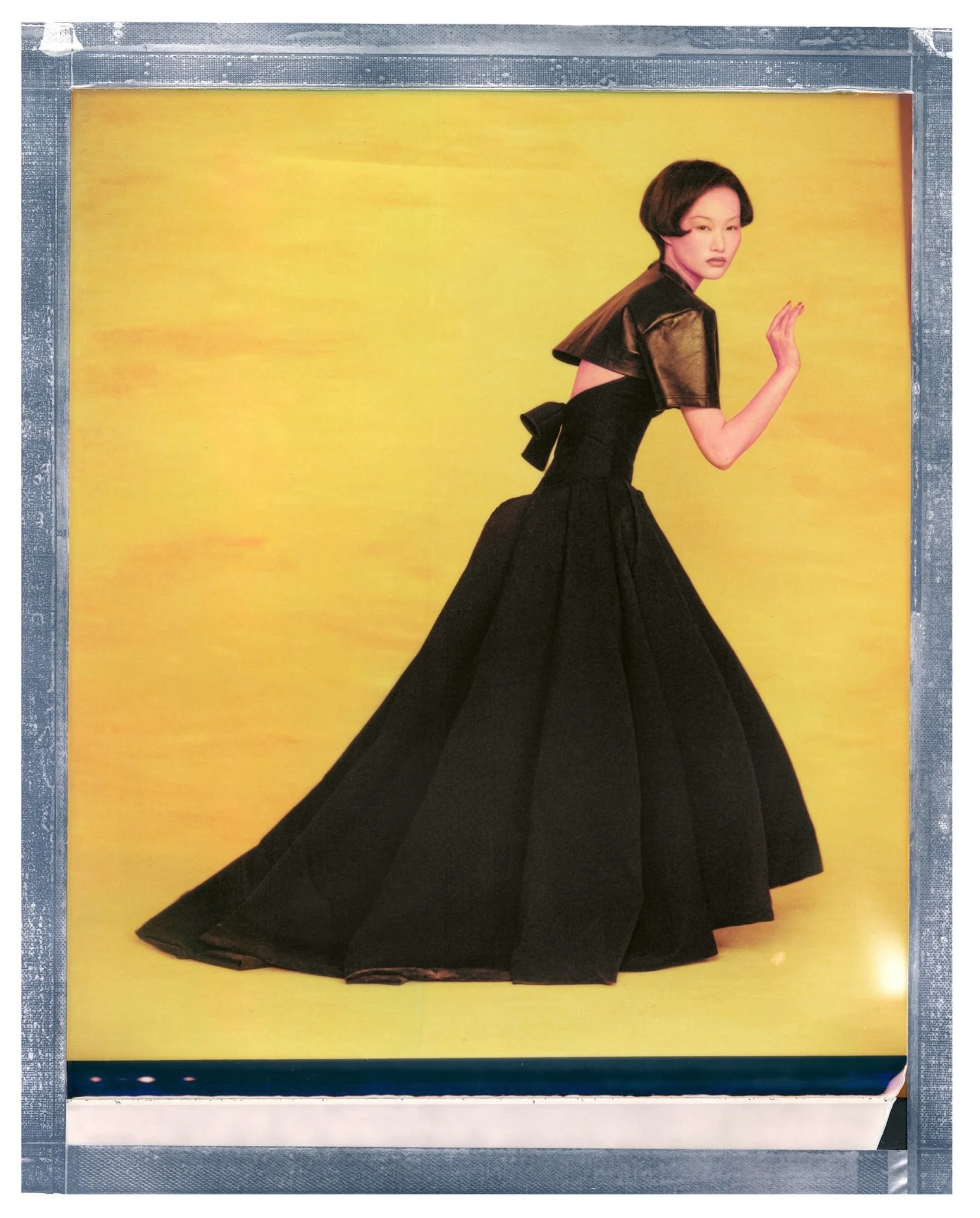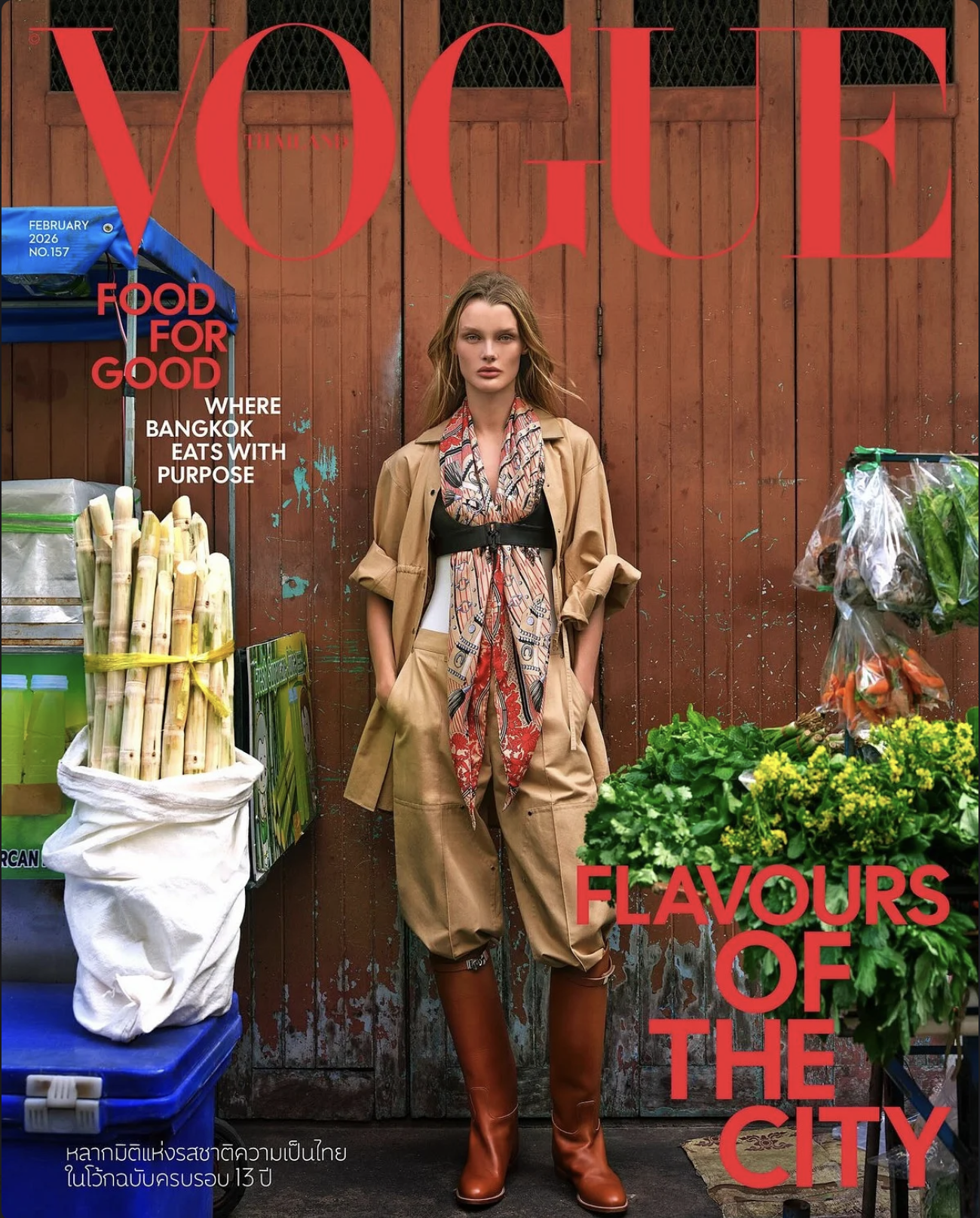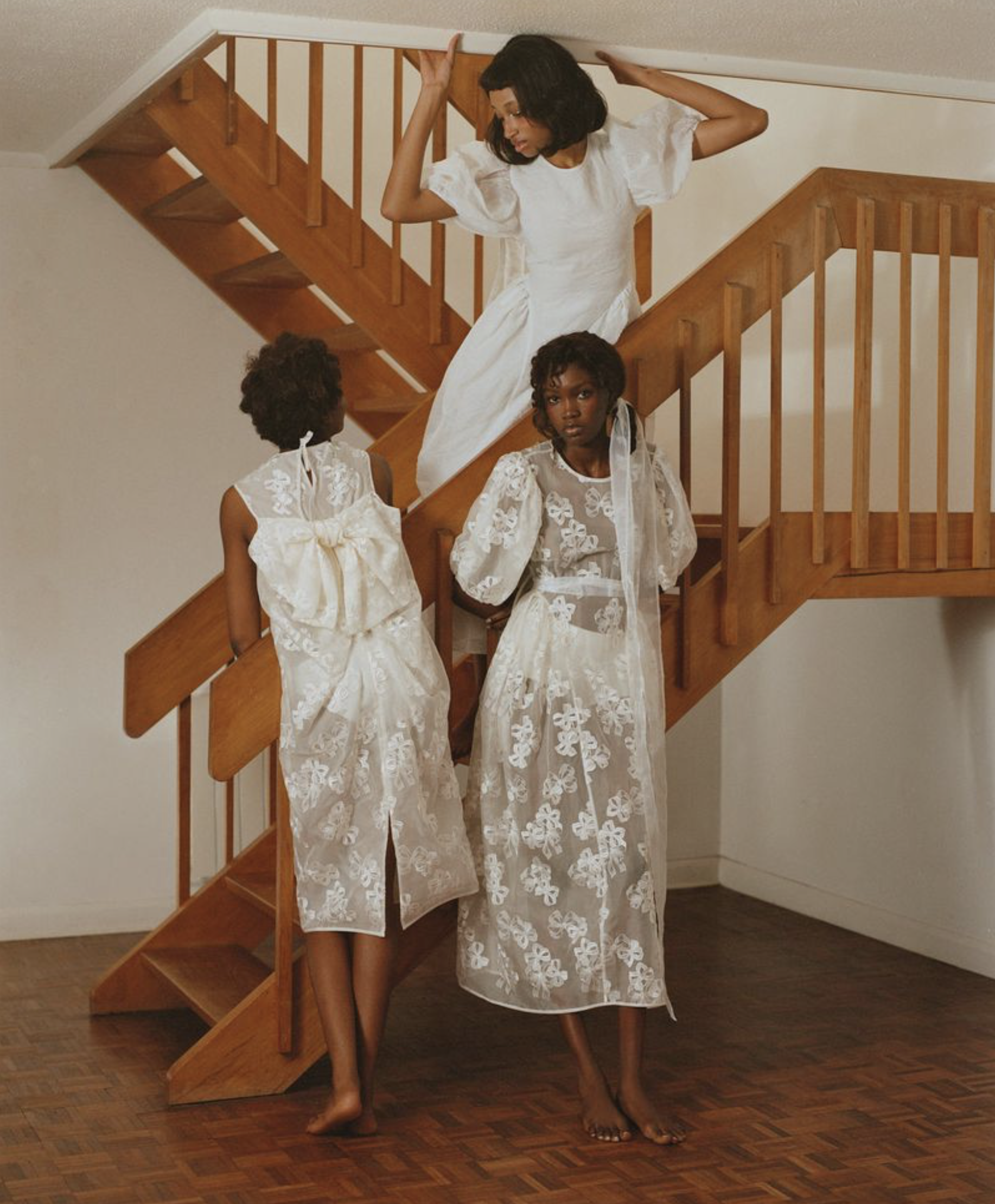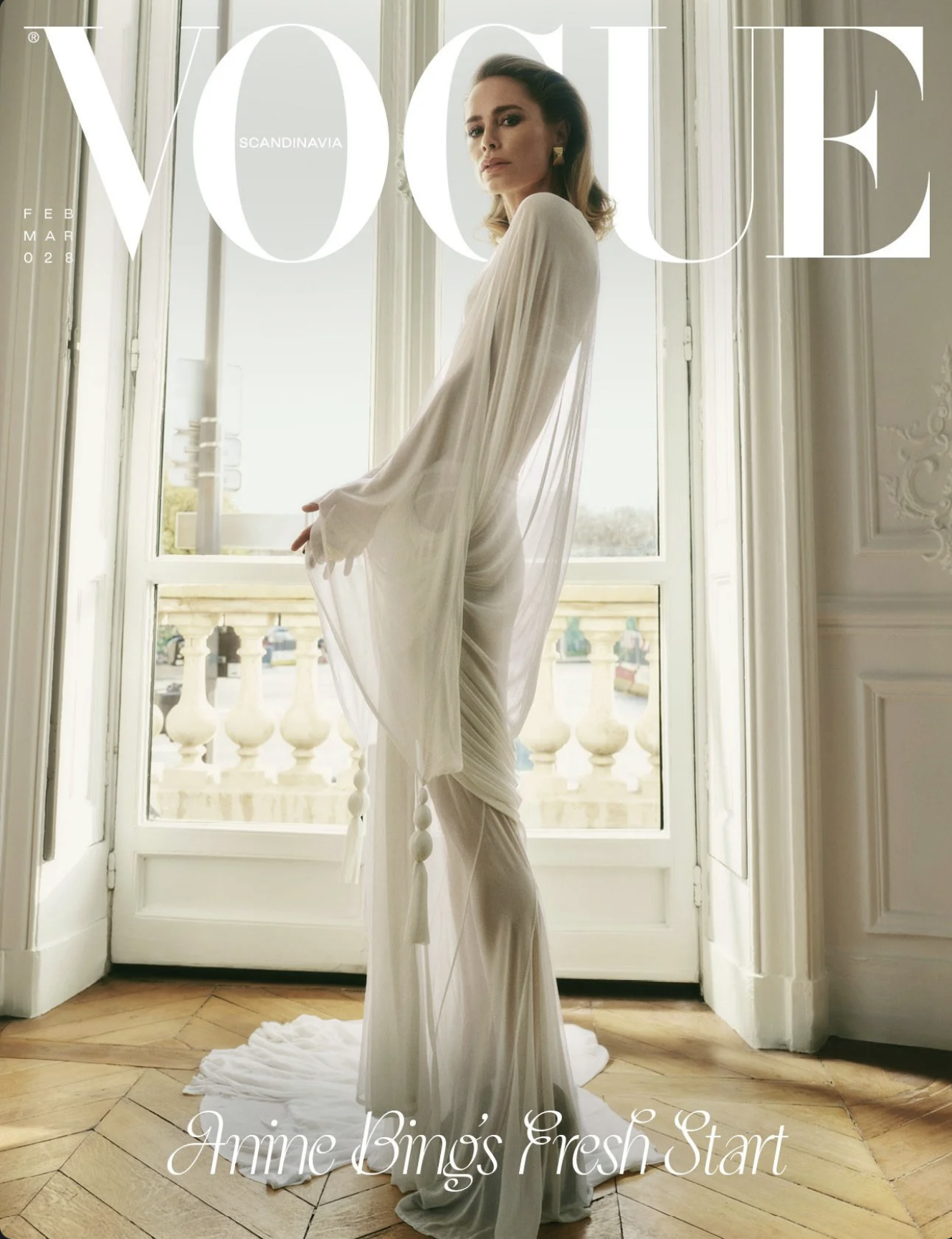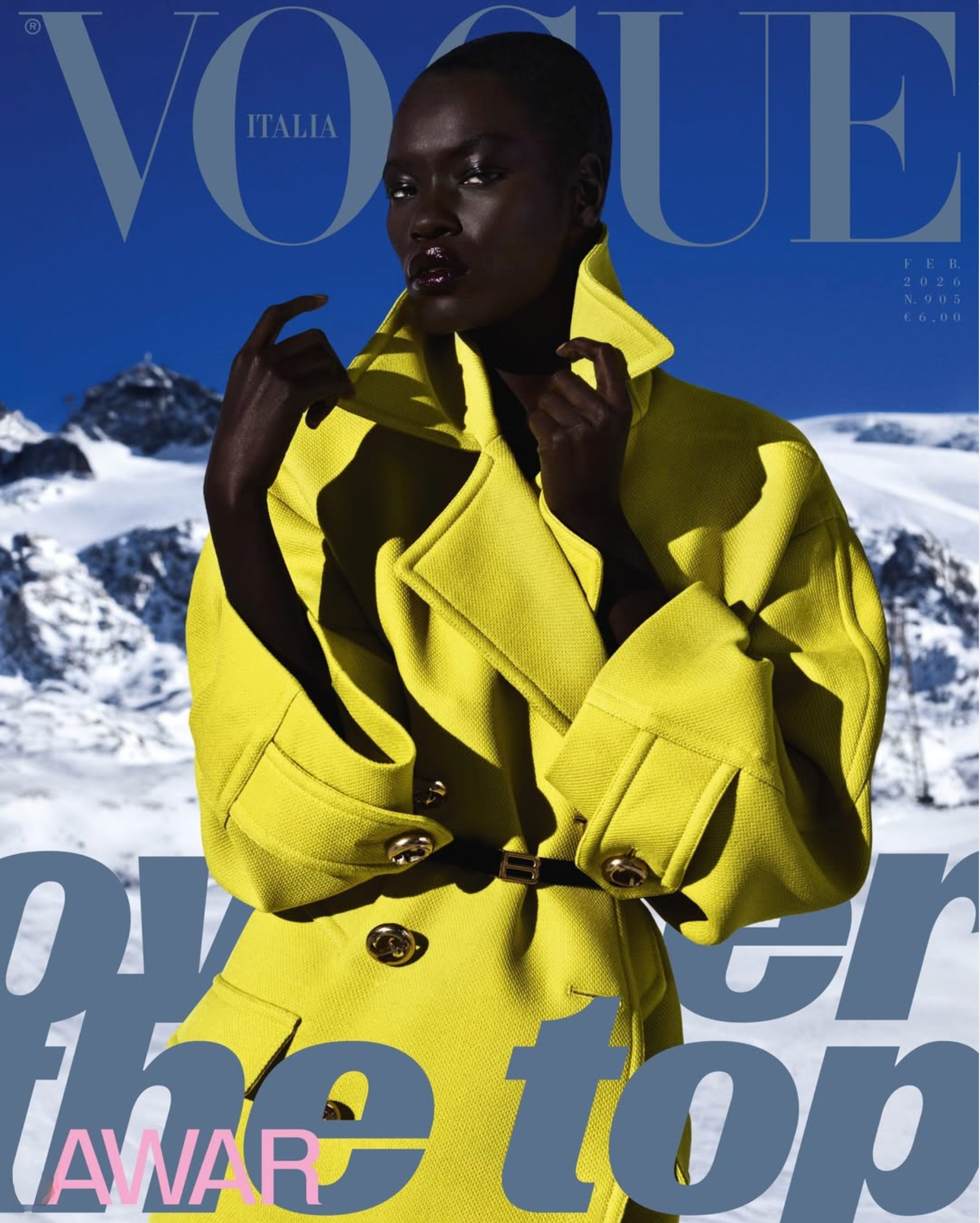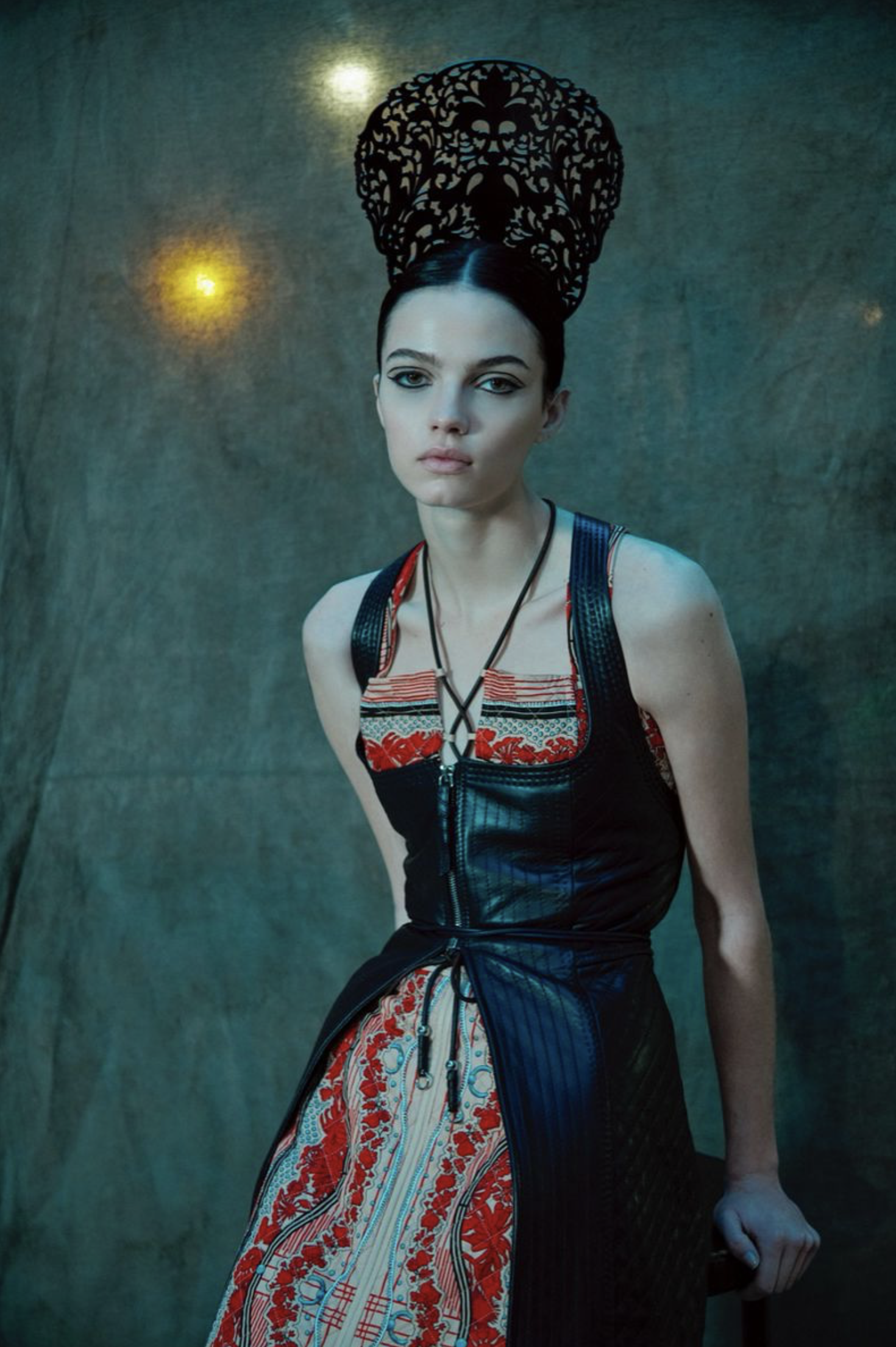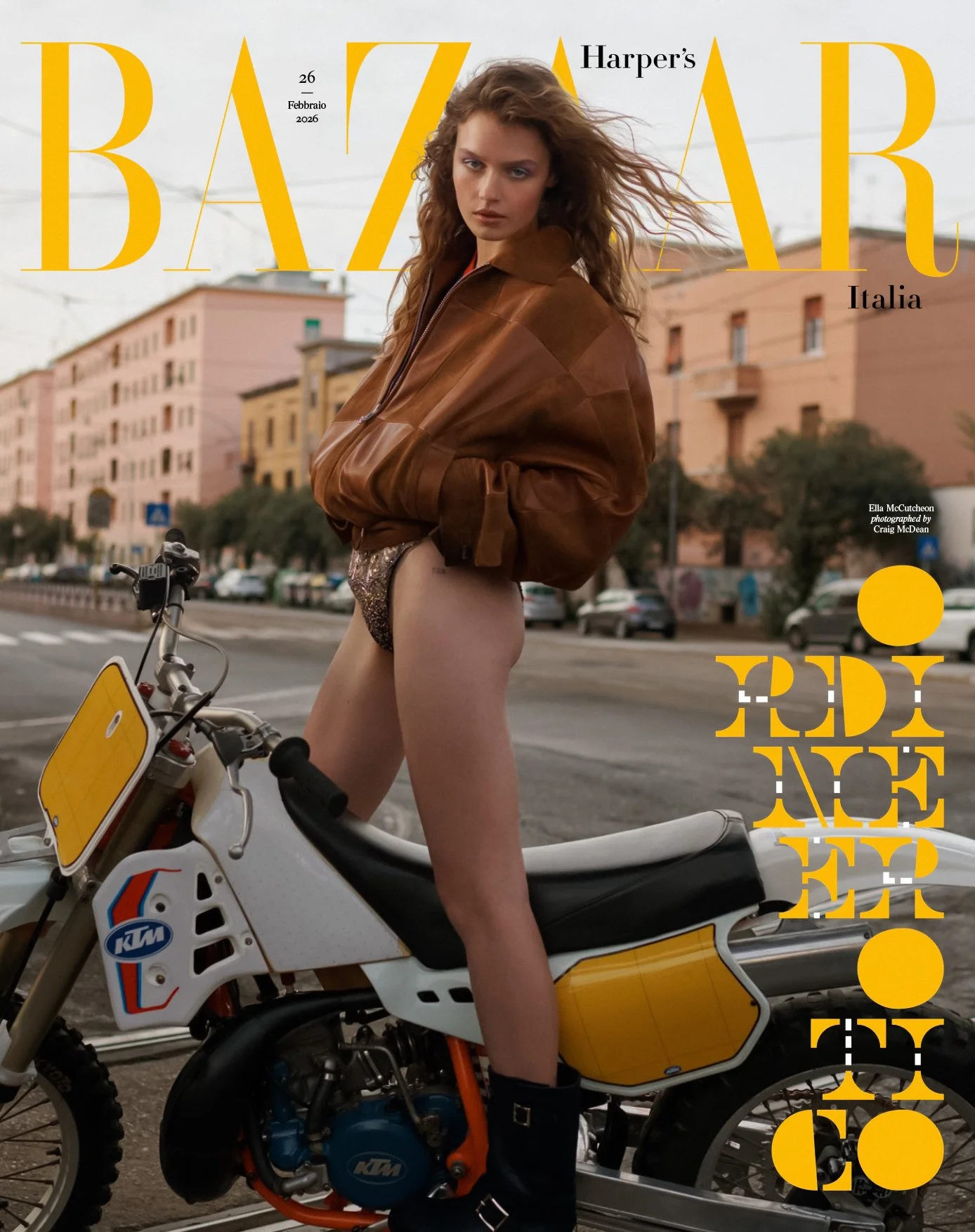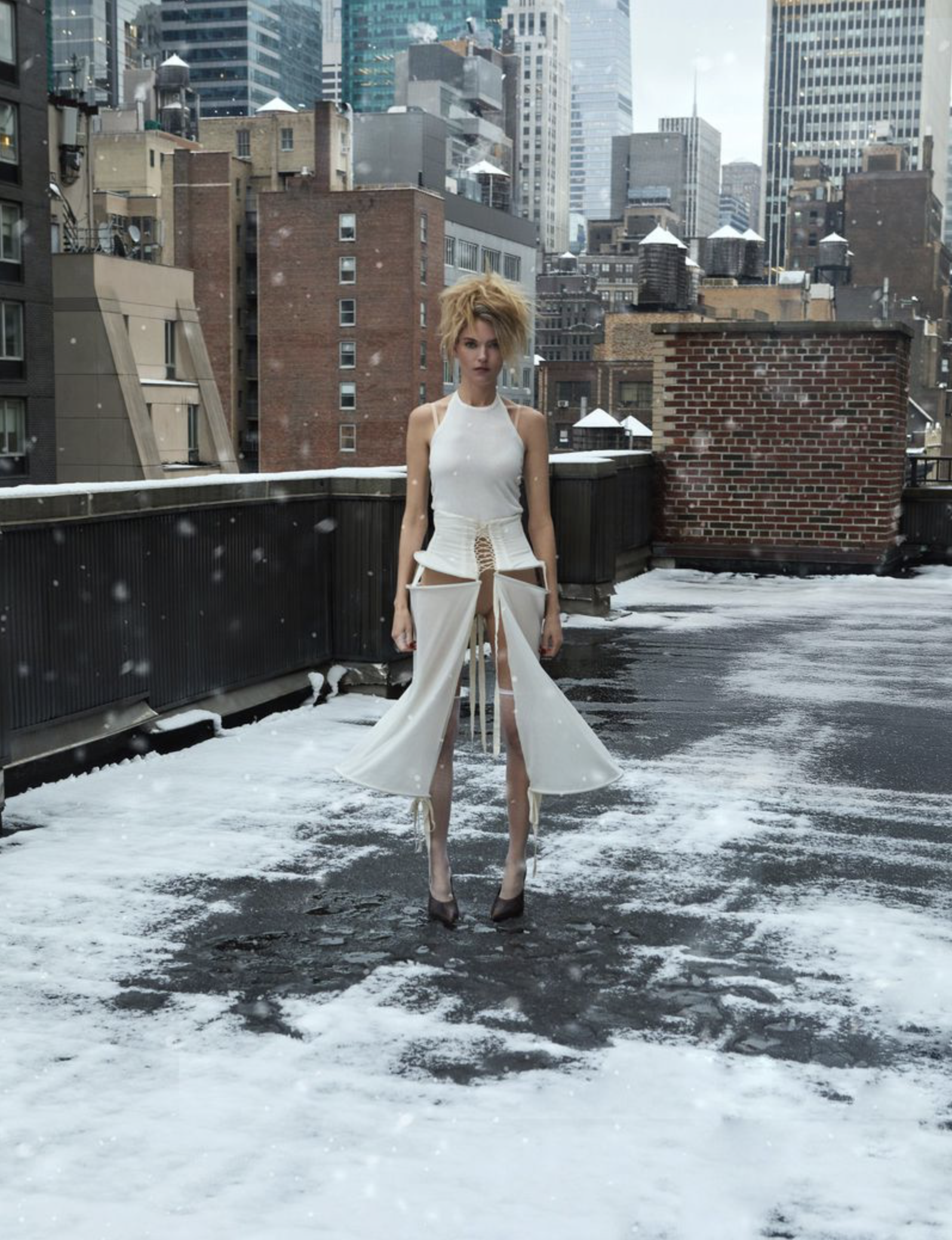Naomi Osaka, Racial Justice Activist, by Annie Leibovitz for Vogue US January 2021
/The public life of Naomi Osaka fast-tracked after her September 8, 2018 US Open upset victory over Serena Williams. Osaka is ranted No. 1 by the Women’s Tennis Association.
Now Naomi Osaka covers the January 2021 issue of American Vogue, styled by Jorden Bickham in images by Annie Leibovitz.
In the period between June 2019 and June 2020, Naomi Osaka became the highest-paid female athlete of all time, writes Forbes. Osaka beat Williams in the money game $37.4 million to $36 million. Nike committed roughly $10 million annually, winning the young campion away from Adidas. In total Naomi Osaka had 15 endorsement partners including Nissan Motor, Shiseido and Japanese sports equipment manufacturing company. Yonex, as of mid-August 2020.
I’m not sure that Serena Williams would agree with Naomi Osaka being crowned “the People’s Champion’ in the January 2021 issue of Vogue US. The entire interview by Rob Haskell is titled: ‘Leading By Example: How Naomi Osaka Became the People’s Champion’.
Wearing a Louis Vuitton dress on her cover and a Nina Ricci dress waterside, it’s Osaka’s Emmett Till COVID-protecting face mask that is her strongest fashion statement.
“I feel like this is something that was building up in me for a while,” says Osaka of her new outspokenness. AOC believes that it’s a beautiful thing — Naomi’s racial activism, which was on full display at her third Grand Slam victory at the 2020 US Open.
“As tennis players, we’re so hyper-focused on what happens on the court, and we think our life is sort of determined by whether we win a match or not,” she says. “That’s not true. I think that the pandemic gave me the chance to go into the real world and do things that I wouldn’t have done without it.”
Osaka’s face masks also called out other murdered Black people including Ahmaud Arbery, Breonna Taylor, Elijah McClain, George Floyd, Philando Castile, Tamir Rice and Trayvon Martin.
Rob Haskell’s interview is in-depth and comprehensive, but AOC is skipping passages already covered in Naomi Osaka’s WSJ Magazine September 2020 interview.
The commentary from retired American tennis star James Blake, who in 2015 “was thrown to the ground in front of his New York hotel, cuffed, and arrested by police who mistook him for a suspect,” is very thought-provoking.
“Tennis is a sport where you’re your own small business,” he explains. “In other sports, you’re on a team that has your back, but in tennis, you’re making a decision that’s going to affect you and potentially hurt your endorsements. There have been examples of great social progress over the years by individuals like Billie Jean King and Althea Gibson but a lot of players haven’t spoken out or are nervous to speak out. I think Naomi was taking a big risk. People may say, ‘Oh, she’s earning so much money; she’s not really taking a chance. But it’s a huge chance. Look at Colin Kaepernick—what he did probably cost him $50 million in salary from the NFL, not to mention endorsements. I was especially impressed by what Naomi decided to do because it brought awareness to an international audience. We’ve really seen her grow up before our eyes. When she won Indian Wells in 2018, she was so nervous to speak up. And now, when she speaks up, her voice carries so much weight.”
Haskell references the great work social activism work of tennis champion Billie Jean King, who appears with Naomi Osaka in this new Mastercard convo about social activism in the world of tennis. Osaka’s modesty is on full display, but as Haskell notes, we really have watched Naomi Osaka come into her own as a player and as an activist.
Naomi Osaka and Billie Jean King in Conversation, presented by Mastercard
“We’ve had deep discussions about her activism,” King says in the Vogue interview. “And I would say there’s something deep about Naomi, period. She looks at you and pauses when you ask her a question. You know she’s considering her answer seriously—instead of just a bunch of tangents like a lot of people her age. When we started the [Women’s Tennis Association] tour back in 1970, we wanted any girl in the world, no matter the color of her skin, to have a place to compete, to be appreciated for her accomplishments and not just her looks, and to be able to make a living. On top of all that, Naomi is making us focus on the problems we have as a nation. What she’s done has been my dream for the sport.”
Read the entire interview ‘Leading By Example: How Naomi Osaka Became the People’s Champion’. More fashion images coming.
